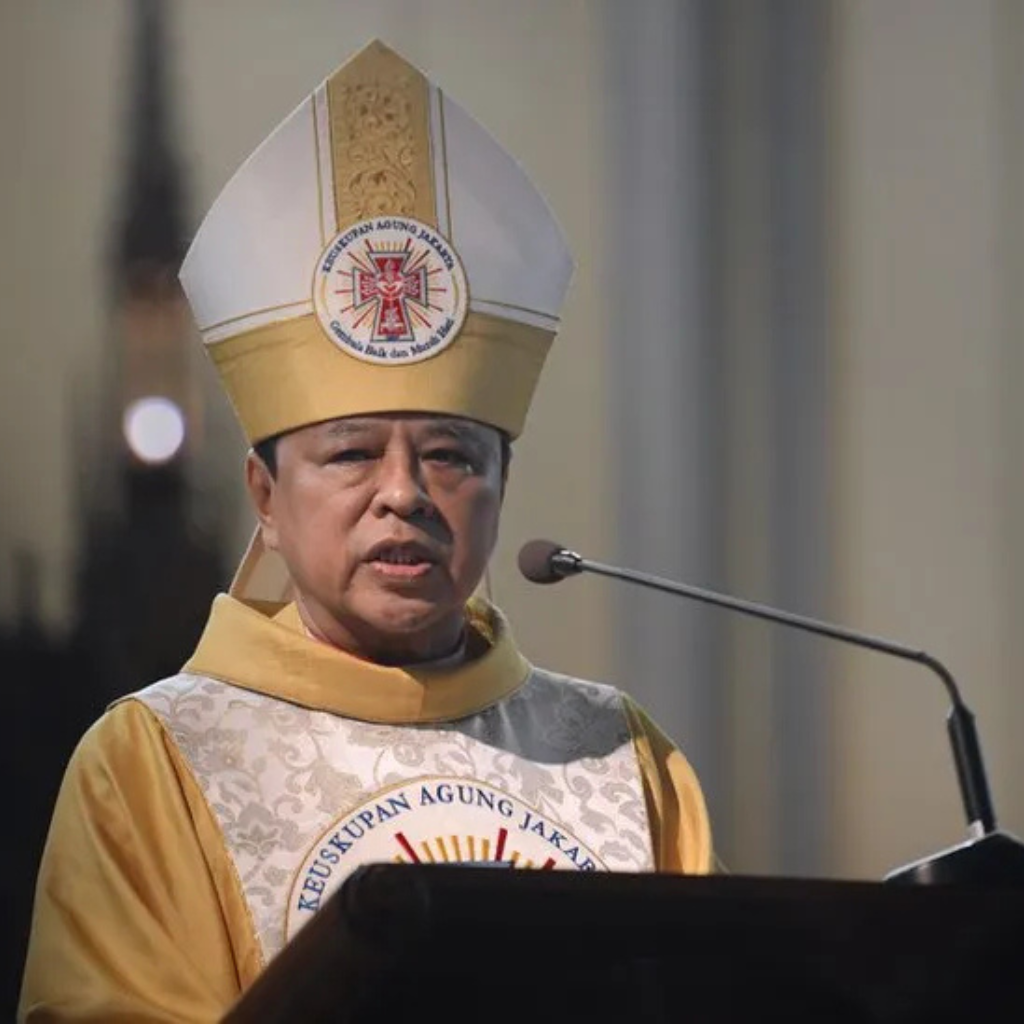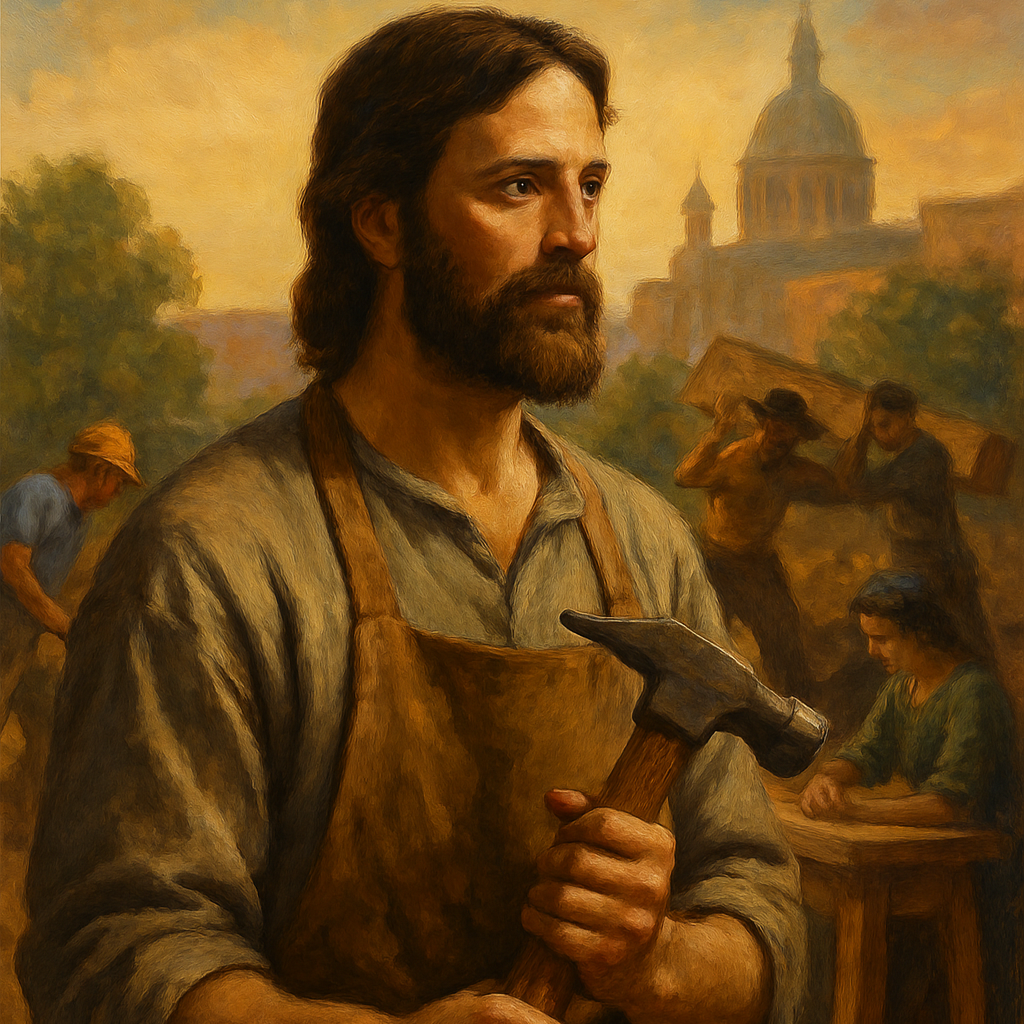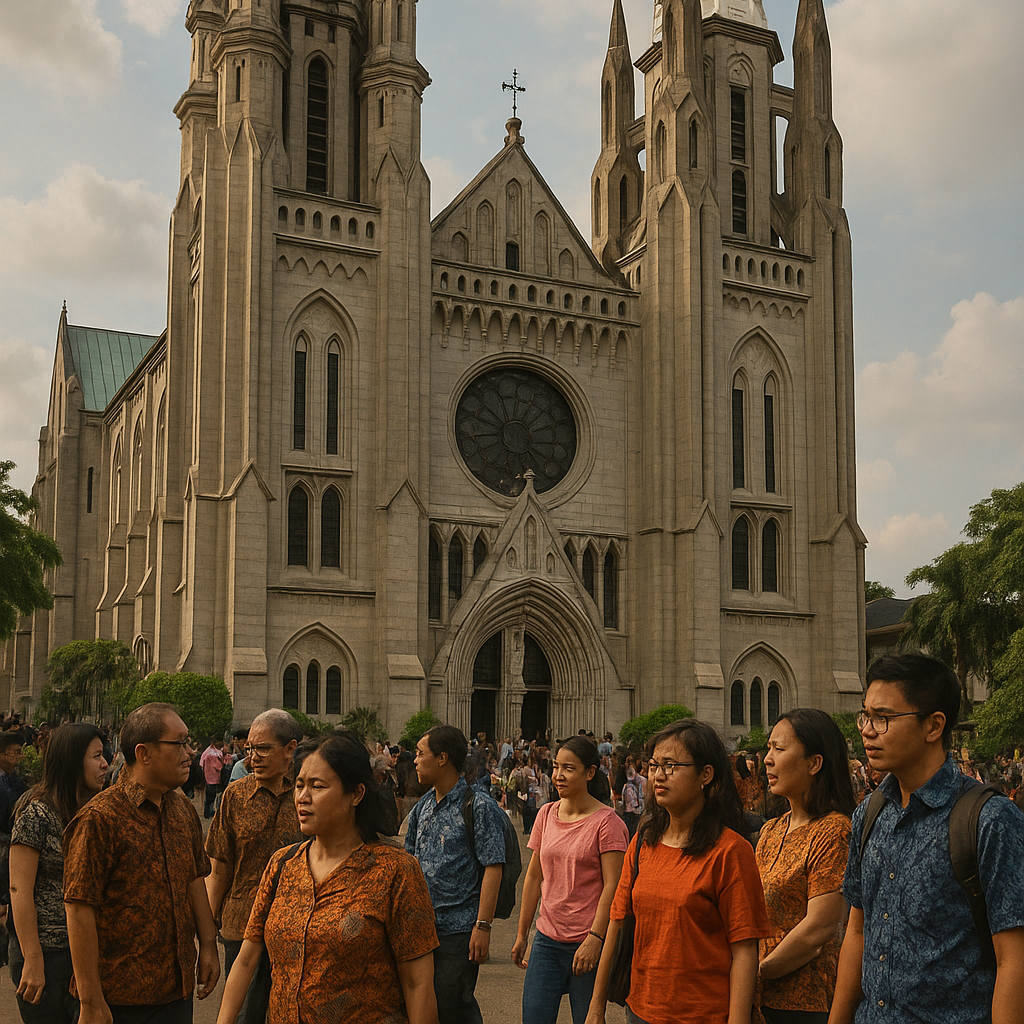Ignatius Suharyo: His Life Journey and Service as a Cardinal
theolingua.id – Monsignor Ignatius Suharyo Hardjoatmodjo was born in Sedayu, Bantul, Yogyakarta, on 9 July 1950. He is the son of Florentinus Amir Hardjodisastra and Theodora Murni Hardjodisastra. Initially, Ignatius had no desire to become a priest. In fact, he had aspired to become a policeman. However, a simple event changed the course of his life. A priest asked him if he wanted to become a priest, and he said ‘yes.’
In 1961, Ignatius Suharyo entered Mertoyudan Secondary Seminary in Magelang, Central Java. He then continued his education at St Paul’s Major Seminary, Kentungan, Yogyakarta, with the aim of becoming a diocesan priest. On 26 January 1976, he was ordained a priest and asked to continue his studies in Rome, Italy. He earned his doctorate in Biblical Theology from Urbaniana University in 1981.
Pursuing a Career in the Catholic Church
Upon his return to Indonesia, Ignatius Suharyo taught at a higher seminary. However, his pastoral career did not stop there. On 22 August 1997, Pope John Paul II appointed him Archbishop of Semarang, replacing Mgr Julius Darmaatmadja SJ who moved to the Archdiocese of Jakarta. During his tenure in Semarang, he was known as a figure who championed togetherness and inter-religious harmony.
His journey continued when on 29 June 2010, he was appointed as Archbishop of Jakarta replacing Cardinal Julius Darmaatmadja SJ who retired. During his leadership, he was active in various efforts to build a more tolerant and inclusive religious life in Indonesia.
Appointment as Cardinal
On 1 September 2019, Pope Francis announced the appointment of Mgr Ignatius Suharyo as a cardinal during the Angelus Prayer at the Vatican. He was officially inaugurated as a cardinal in the Consistorium session that took place on 5 October 2019. With this appointment, he became the third cardinal from Indonesia after Cardinal Justinus Darmojuwono (1967) and Cardinal Julius Riyadi Darmaatmadja (1994).
As a cardinal, his duties are not only limited to ministry in Indonesia, but also assisting the Pope in various policies and decision-making in the global Catholic Church. In addition, he also has the right to elect the Pope in the upcoming conclave as long as he is not yet 80 years old.
His Attitudes and Views on Social Issues
Cardinal Ignatius Suharyo is known as a vocal figure on various social issues. One of his strong statements is related to corruption in Indonesia. In the Christmas 2024 press conference, he criticised how corruption cases are often used as a tool for certain political interests. He highlighted the feudal culture that is still rooted in Indonesia, where position and prestige are often prioritised, thus encouraging corrupt practices.
According to him, the Church has a role to play in dealing with this situation, both through moral education and concrete efforts in building a more just and transparent society.
Legacy and Contribution to the Church and Society
In the course of his life, Cardinal Ignatius Suharyo was not only known as a humble Church leader, but also as a deep thinker. He has published a biographical book titled Thank You, Good, Continue, which describes his spiritual journey and personal reflections for more than two decades as a bishop.
The book highlights the role of the Church in facing the challenges of urban life, especially in Jakarta. He emphasises the importance of the Church’s concrete actions in helping those who are marginalised in big cities. According to him, the Church should act in two aspects: outward (serving the community) and inward (strengthening the faith of the people).
Conclusion
Cardinal Ignatius Suharyo is a figure who has a great influence on religious and social life in Indonesia. Throughout his career, he has championed the values of togetherness, tolerance and justice. His appointment as a cardinal is a form of honour for his contribution in building inter-religious harmony and his role in fighting for moral values in social life.
With his dedication and leadership, he endeavours to keep the Church relevant and active in creating a better world. He encourages the Church to be not only a place of worship, but also a driving force for social change that brings benefits to all levels of society. His commitment to social justice and active involvement in various humanitarian issues made him a respected figure in many circles.








